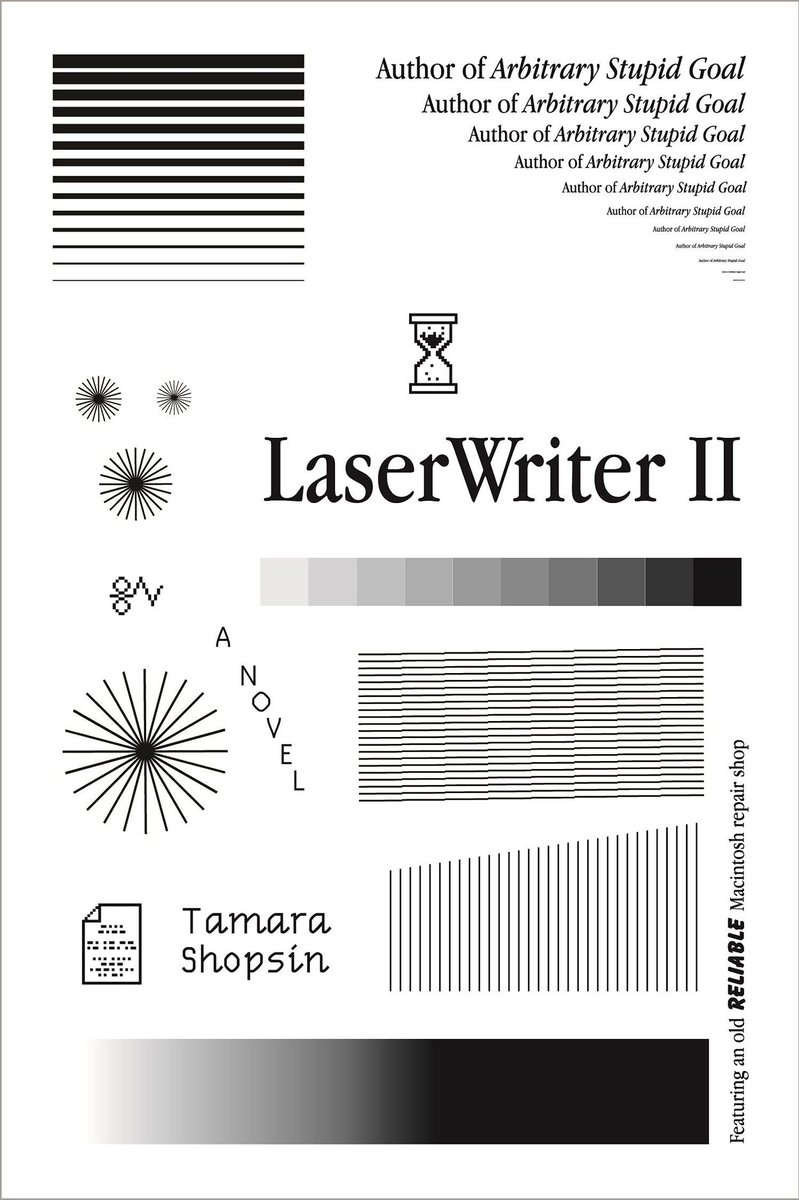
Mad Monster Party? (1967) dir. Jules Bass wilwheaton.tumblr.com/post/666307581…
Mad Monster Party? (1967) dir. Jules Bass wilwheaton.tumblr.com/post/666307581…
Mad Monster Party? (1967) dir. Jules Bass wilwheaton.tumblr.com/post/666307581…
Mad Monster Party? (1967) dir. Jules Bass wilwheaton.tumblr.com/post/666307581…
Mad Monster Party? (1967) dir. Jules Bass wilwheaton.tumblr.com/post/666307581…
Mad Monster Party? (1967) dir. Jules Bass wilwheaton.tumblr.com/post/666307581…
Mad Monster Party? (1967) dir. Jules Bass wilwheaton.tumblr.com/post/666307581…
Mad Monster Party? (1967) dir. Jules Bass wilwheaton.tumblr.com/post/666307581…
Mad Monster Party? (1967) dir. Jules Bass wilwheaton.tumblr.com/post/666307581…
Mad Monster Party? (1967) dir. Jules Bass wilwheaton.tumblr.com/post/666307581…
• • •
Missing some Tweet in this thread? You can try to
force a refresh











